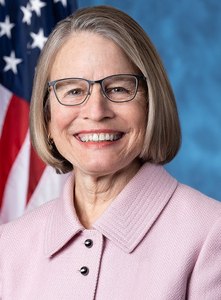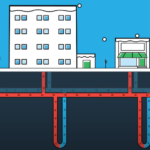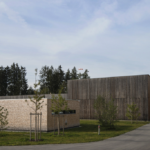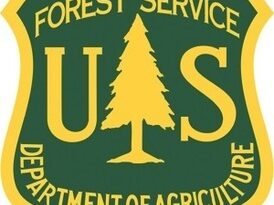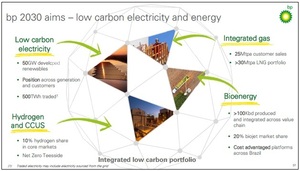Miller-Meeks reintroduces Biochar Research Network Act
Energy Disrupter
ADVERTISEMENT
Reps. Mariannette Miller-Meeks, R-Iowa; Kim Schrier, D-Wash.; and Chellie Pingree, D-Maine, on March 17 reintroduced the Biochar Research Network Act. The bill directs the USDA to study the effectiveness of biochar, a carbon-rich material produced from biomass.
Following its introduction, the bill, H.R. 1645, was referred to the House Committee on Agriculture. In addition to Miller-Meeks, Schrier and Pingree, the bill is cosponsored by Reps. Dan Newhouse, R-Wash.; Panetta Jimmy, D-Calif., and Sean Casten, D-Ill. Sen. Chuck Grassley, R-Iowa, reintroduced companion legislation in the Senate on March 9. The Biochar Research Network Act was also previously introduced by Grassley in September 2022 and by Miller-Meeks in July 2022.
The legislation aims to create National Biochar Research Network, led by the USDA, that would test the impact of biochar across various soil types, application methods and climates to learn more about its capacity to benefit farmers and the environment. The network would help understand productive uses for biochar to help with crop production and climate mitigation. It would also assess biochar’s potential for soil carbon sequestration and deliver cost-effective and practical information to farmers on sustainable biochar production and application.
“We can all agree that we want to leave a cleaner, healthier planet for our children and grandchildren. Our agricultural sector in Iowa is vital to our economy and biochar sits at the intersection of smart agriculture, environment, and energy practices,” Miller-Meeks said. “Biochar has the incredible potential to help sequester carbon in our agriculture communities and we must ensure that we are using every resource at our fingertips to promote this innovative tool. The benefits of biochar are not yet fully recognized, and this bill would promote research and provide us the information we need to fully utilize biochar in a variety of types of soil and methods.”
“As a Washingtonian who treasures our natural environment, understands the importance of water conservation and soil health, and advocates for 8th district farmers, I am very excited about this bill,” Schrier said. “The Biochar Research Network Act is a critical bill that will help us understand more about how biochar can benefit farmers and provide important opportunities for economic development in rural America.”
“From improving soil health and remediating contaminated soils to increasing carbon sequestration, biochar has so many beneficial uses. In Maine, biochar production is a true win-win – it’s an opportunity to support innovative uses of forest products and farmers can utilize it to improve soil health and sequester carbon,” Pingree said. “We must invest in research to understand its full potential to address pressing issues like climate change and PFAS soil remediation in Maine and all around the country. I’m proud to introduce the Biochar Research Network Act, which will help fill existing knowledge gaps around the climate-related and other benefits of biochar. As we draft the next Farm Bill, I will be working with my colleagues on both sides of the aisle to support coordinated biochar research.”
“Farmers rely on science and innovation to increase crop productivity and advance soil health and water quality goals. Biochar presents an exciting opportunity for farmers looking for a low-cost way to improve soil quality while sequestering carbon. I’m proud to introduce legislation to research biochar’s potential to serve as an effective tool for farmers in the future,” Grassley said.
“I applaud the introduction of the Biochar Research Network Act,” said David Laird, Professor Emeritus of Soil Science at Iowa State University. “The research it enables will pave the way for a new industry that creates jobs and opportunity across rural Iowa producing biochar and next generation biofuel.”
A fully copy of the bill is available on Miller-Meek’s website.

